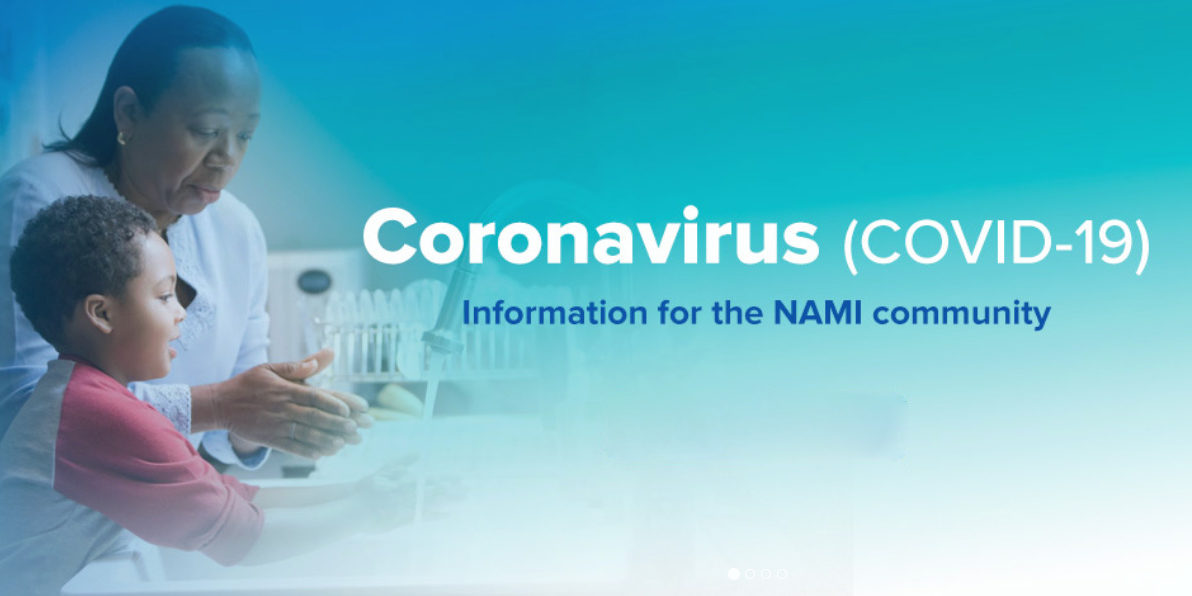I’m having a lot of anxiety because of the Coronavirus. Please help.
We get it. It’s hard to sift through the messages and information coming at us. Worse, the “unknown unknown” (not knowing what you don’t even know) can cause even greater anxiety for those of us who are panic-prone. Here are some things you can do to protect yourself safe and be supportive of your community during this crisis.
What can you do?
-
- Remember that knowledge is power. Understanding the factors that affect a person’s immune response to COVID-19 will matter as much as, or more than, understanding the virus! Poor lung health caused by smoking, lack of adequate health care, suppressed immune systems, and/or populations particularly susceptible to infectious diseases, such as the elderly, have been particularly affected by COVID-19. Yes, there is risk, but for the vast majority the risk is not commensurate with the degree of obsession and panic that media and social media coverage of thevirus has bred.
- Don’t accept everything you read or hear. Keep in mind that news outlets are profit-driven and the age-old adage, “if it bleeds it leads,” can result in exaggerated reporting. Look beyond the numbers and arm yourself with information. Centers for Disease Control and Prevention (CDC) provides information and frequent updates on the COVID-19’s spread, severity, risk assessment, etc.
- Put things in perspective:
-
- In 2017, nearly 40,000 people in the U.S. died from a fall in the home.
- CDC estimates that influenza has resulted in 9 – 45 million illnesses, 140,000 – 810,000 hospitalizations, and 12,000 – 61,000 deaths annually since 2010.
- The fatality rate of COVID-19 is 2% — higher than the flu but lower than SARS (10%) or MERS(30%).
- More than 80% of corona virus cases are mild.
-
- Get your emotional support system in place.
- Maintain familiar routines in daily life as much as possible; take care of your basic needs and employ helpful coping strategies: rest during work or between shifts, eat healthy food and engage in physical activity.
- Stay connected with others and maintain your social networks:
- Have the emails and phone numbers of close friends and family at your fingertips.
- Stay connected via email, social media, video conference and telephone.
- Helpline staff at NAMI Santa Clara County are available to support you through phone and email, Mon – Fri 10 AM – 6 PM. You can reach us by calling 408-453-0400 option 1 or email info@namisantaclara.org.























